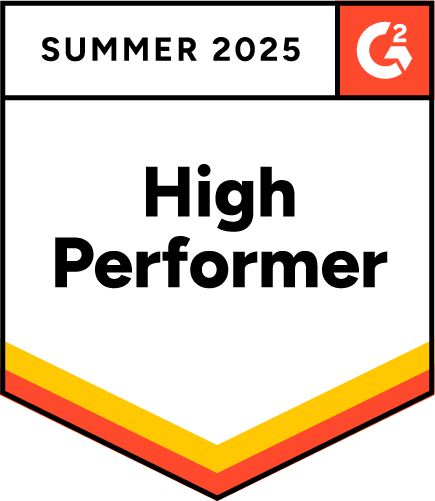Sustainable energy once had an extremely bright and promising future, with consumer support, federal backing, and a private sector clamoring to invest. Now, progress is slowing. Evolving tariffs, federal policy uncertainty, and trade tensions make it harder for solar companies to compete and deliver.
In 2025 alone, there have been nine big energy bankruptcies. Companies like Sunnova Energy International , SunPower, Titan Solar Power, and Sunworks were once innovators and now struggle to continue operations. With the stark rise in bankruptcies, how can the world continue to race towards climate goals without visibility into the companies holding up the industry?
The clean energy landscape is constantly changing. The promise of reduced tax credits in the US is raising concerns, especially as supply chains are already strained by high interest rates and rising capital costs. Disruptions to individual companies are not isolated problems and they threaten the transition to clean energy as a whole.
Uncertainty surrounding solar tax credits significantly decreases projected demand, leading not only to issues for large solar companies, but the providers of capital to solar companies. Mosaic, one of the largest providers of residential solar loans in the US, recently filed for bankruptcy, demonstrating the challenges this industry is facing. Smaller, foundational companies that are already contending with high interest rates and unfavorable policy changes are unable to survive.
With an uncertain industry, companies need to adapt and manage future risk. Transparency into supplier financial health is essential as companies attempt to build resilience in a volatile industry. Without it, organizations can be blindsided by cost overruns, missed deadlines, inventory shortages, and project cancellations.
Tools like RapidRating’s FHR Report allow you to understand key financial insights and pinpoint struggling suppliers. For companies reliant on solar energy, it’s important to consistently check suppliers’ financial health and understand how their financial position poses a risk to your company.
Resilience starts with visibility. Knowing the financial health of suppliers helps to mitigate risk and survive the rocky road ahead. The future of clean energy depends on more than just innovation, it depends on stability. Reducing risk and building a resilient solar supply chain starts by understanding the financial health of your suppliers.








